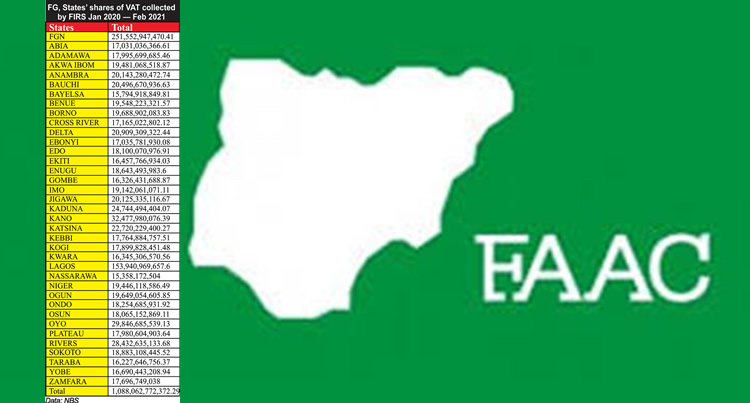President Bola Tinubu’s administration has officially removed the 5% excise duty on telecommunications services, but it remains unclear if this will directly lead to a reduction in the price of mobile data and calls for consumers. While the move is expected to ease cost pressures on operators, analysts say that other economic factors may prevent a significant price drop.
The Executive Vice-Chairman of the Nigerian Communications Commission (NCC), Dr. Aminu Maida, on Tuesday confirmed that the tax, which had been previously suspended, has now been “completely and permanently removed under the new tax laws”.
The excise duty had faced strong opposition from industry stakeholders and consumer groups, who argued that it would raise the cost of services and impose an additional financial strain on subscribers.
The Association of Licensed Telecommunications Operators of Nigeria (ALTON) had warned that the tax would be passed on to consumers.
However, the question now is whether the removal of the tax will translate to a price reduction for end-users. While the scrapping of the excise duty removes a potential cost-hike factor, mobile network operators are still contending with several other economic challenges.
These include a high cost of operations, fueled by inflation and the devaluation of the naira, which impacts the cost of importing essential equipment and maintaining infrastructure.

The telecom industry has long been burdened by multiple taxes and levies at both the federal and state levels. While the removal of the 5% excise duty is a welcome development, it is just one component of a larger tax regime.
In January 2025, the NCC had already approved a 50% tariff hike for telecoms operators, a move that was met with protest from the National Association of Telecoms Subscribers.
The industry is facing a delicate balance between providing affordable services and ensuring sustainable operations. The NCC’s focus, according to Dr. Maida, is to foster a healthy industry where “consumers are happier, operators perform better, and the government benefits from a broader tax base.”












